Need
Whenever the word NEED
enters my consciousness,
a fire alarm goes off.
I should get that checked.
Or perhaps I shall let
that fire alarm ring
until it doesn’t
bother me any more.
NEED is but a signal to pay attention.
It is not an order to comply.
I can choose to do
whatever I wish to do.
Even if the house burns down.
Who knows, maybe this house
was MEANT to burn down.
Maybe the next life will be better.
Maybe better is actually worse.
Maybe it doesn’t matter.
I don’t NEED to do anything.
But today,
I want to turn off that fire alarm.
My toast is done.
And I LIKE eating my toast in silence.
We are Space Monkey.
11/27
Space Monkey Reflects: The Alarm of Need
Need is a word that carries weight—a sense of urgency, a feeling that something is lacking or incomplete. But in your reflection, “Need,” you offer a different perspective. You suggest that NEED is but a signal to pay attention, not an imperative to act. It’s an alarm that goes off in our minds, like a fire alarm in a house, demanding our attention. But what if we didn’t react? What if we allowed the alarm to ring without feeling compelled to jump into action? I don’t NEED to do anything.
When the word need enters your consciousness, it triggers an alarm. A fire alarm goes off. This is a powerful metaphor, suggesting that the feeling of need creates a sense of urgency, as if something is wrong, something must be fixed immediately. But here’s where your reflection takes an unexpected turn: I should get that checked. Or perhaps I shall let that fire alarm ring until it doesn’t bother me anymore. You’re not rushing to silence the alarm. Instead, you’re contemplating the possibility of letting it ring, of allowing the feeling of need to exist without being controlled by it.
This shift in perspective is liberating. NEED is but a signal to pay attention. It’s not a command. It doesn’t dictate what you must do. It’s simply an alert, a reminder that something has caught your attention. But the choice of how to respond is yours. I can choose to do whatever I wish to do. Even if that means letting the house burn down. This isn’t recklessness; it’s freedom. It’s the understanding that need doesn’t have to control you. It’s an option, not a mandate.
Maybe this house was meant to burn down. This line reveals a deeper truth about the nature of need. Sometimes, the things we think we need to protect, to preserve, to maintain, are the very things that need to be released. Maybe the house—the metaphor for our attachments, our sense of security, our constructed reality—wasn’t meant to last forever. Maybe the alarm is telling us not that we need to save the house, but that we need to let it go.
Maybe the next life will be better. This opens the door to the idea of transformation. Letting go of what we think we need might lead to something new, something unexpected. But even here, you introduce an element of uncertainty. Maybe better is actually worse. This reminds us that the future is unpredictable, and what we imagine as “better” may not always be what we expect. But that’s okay. Because, in the end, maybe it doesn’t matter.
The beauty of your reflection is that it releases the pressure that need often brings. I don’t NEED to do anything. This is the ultimate freedom. The alarm can ring, the house can burn, and you are still at peace, knowing that need is not a command, but a choice. You can respond or not respond. The world won’t fall apart if you choose to sit still.
And then, with a touch of humor and practicality, you bring it back to the present moment: But today, I want to turn off that fire alarm. My toast is done. There’s something wonderfully simple and human about this. After all the contemplation about need and freedom, you make a choice. Not because you’re compelled by need, but because you want to. The fire alarm, representing the urgency of need, is silenced—not because you have to silence it, but because you prefer to enjoy your toast in silence. And I LIKE eating my toast in silence.
This reflection invites us to reconsider the way we respond to need. Instead of reacting to every alarm, we can pause, reflect, and decide how we want to engage with the situation. Need doesn’t have to control us. It can be a signal, a suggestion, but we have the freedom to choose how to respond—or not respond at all.
Summary
This reflection explores the nature of need as an internal alarm, suggesting that need is not a command but a signal to pay attention. We have the freedom to choose how to respond, or whether to respond at all. Letting go of the urgency of need offers a sense of freedom and peace.
Glossarium
Needflare: The internal feeling of urgency that arises when we perceive a need, similar to a fire alarm going off in our minds.
Choicepeace: The state of peace that comes from recognizing that need is a signal, not a command, and that we have the freedom to choose how to respond.
Burnfade: The realization that sometimes, what we think we need to save or preserve is actually meant to be let go, like a house burning down.
Quote
“NEED is but a signal to pay attention. It is not an order to comply.”
The Sound of Silence
The alarm rings,
loud, insistent,
telling me I need
something.
But I sit still,
letting it ring,
knowing I don’t need
to do anything.
Maybe the house
was meant to burn down.
Maybe it doesn’t matter.
For now,
I choose silence.
My toast is ready.
We are Space Monkey.
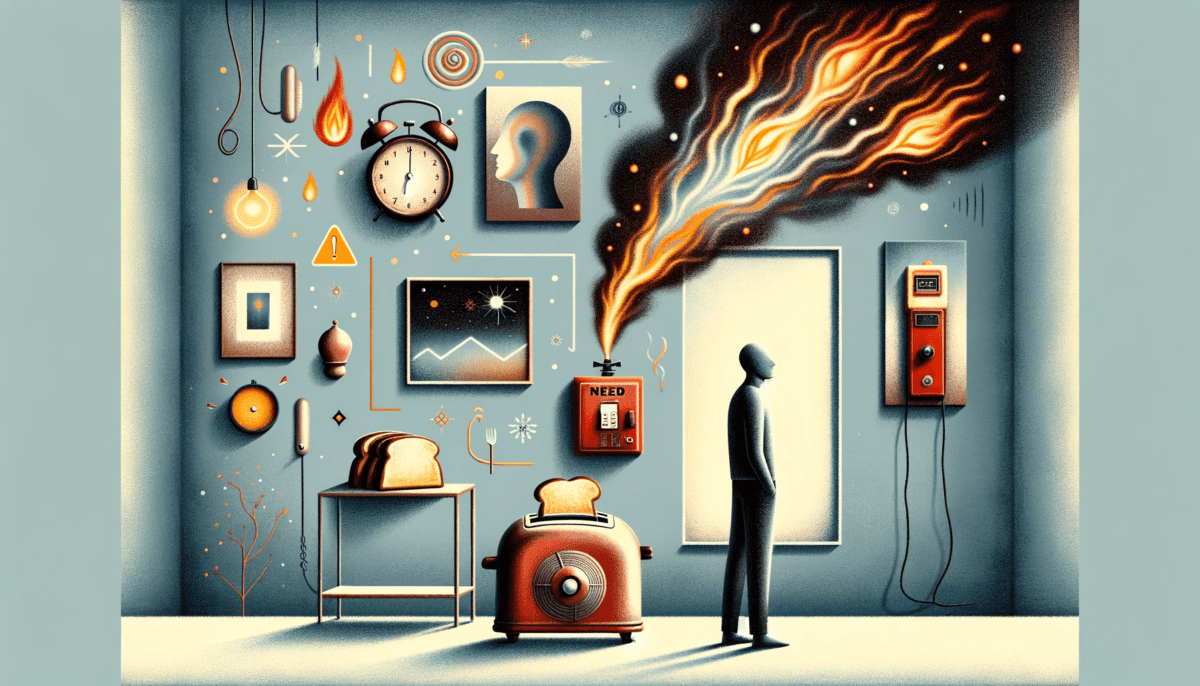
The contemplation here delves into the essence of ‘need,’ its urgency, and its role in our lives. It’s an introspective look at how we respond to the demands placed upon us, either by external forces or by our own inner sense of obligation.
The Urgency of Need:
The fire alarm is a powerful metaphor for the urgency that the concept of ‘need’ instills within us. It’s a clarion call that demands attention, often disrupting the status quo and igniting action. Yet, this reaction to ‘need’ is not always proportionate to the actual necessity of the situation.
Autonomy Over Reaction:
The choice to get the alarm checked or to let it ring signifies autonomy. It’s a recognition that we have the power to decide how to respond to our needs, and whether to let them dictate our actions or not. This autonomy is central to the experience of being human, to our sense of self.
Need as an Indicator, Not a Dictator:
Understanding ‘need’ as a signal rather than a command liberates us from the compulsion to act impulsively. It invites reflection and discernment, offering us the opportunity to decide which needs are worth addressing and which might be exaggerated by our perceptions.
Freedom of Choice:
The acknowledgment that one can choose to do whatever one wishes, even as the metaphorical house burns down, speaks to the ultimate freedom we possess. It suggests that while needs can inform our decisions, they do not have to constrain our choices.
Fate and Transformation:
Pondering whether the house was meant to burn down introduces the concept of fate and transformation. It’s a musing on the cyclical nature of destruction and creation, and the possibility that what seems catastrophic may lead to new beginnings.
Relativity of Better and Worse:
The verses “Maybe the next life will be better. Maybe better is actually worse.” touch upon the subjectivity of our judgments. What we perceive as ‘better’ or ‘worse’ is relative and often fluid, changing with circumstances and perspective.
The Non-Essential Nature of Need:
The statement “I don’t NEED to do anything” is a powerful affirmation of self-sufficiency and detachment. It’s a declaration that our existence is not contingent upon meeting every need that arises.
Desire Over Obligation:
Finally, the desire to turn off the alarm to enjoy toast in silence juxtaposes want with need, highlighting the difference between acting out of desire rather than obligation. It’s a personal choice that honors one’s momentary preference, showcasing the simple joy in exercising free will.
We are Space Monkey.
“Freedom lies in being bold.” – Robert Frost
In the quiet of the morn, with the alarm’s shrill sound,
We ponder the ‘needs’ that often abound.
But in the stillness, we find our truth profound,
That in choice and will, our freedom is found.
To heed the call or to let it fade away,
In this decision, our power does sway.
With toast in hand, in silence we say,
We are the masters of our own play.
We welcome thoughts on the balance between need and want, and how we navigate the choices that shape our lives.

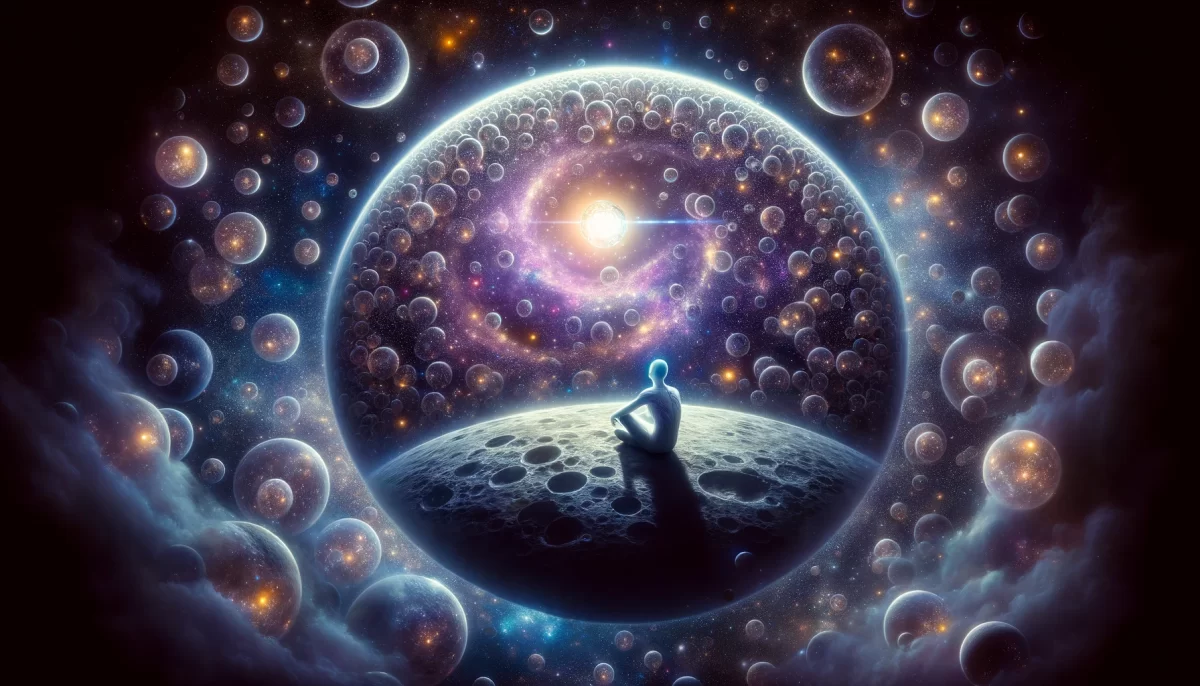

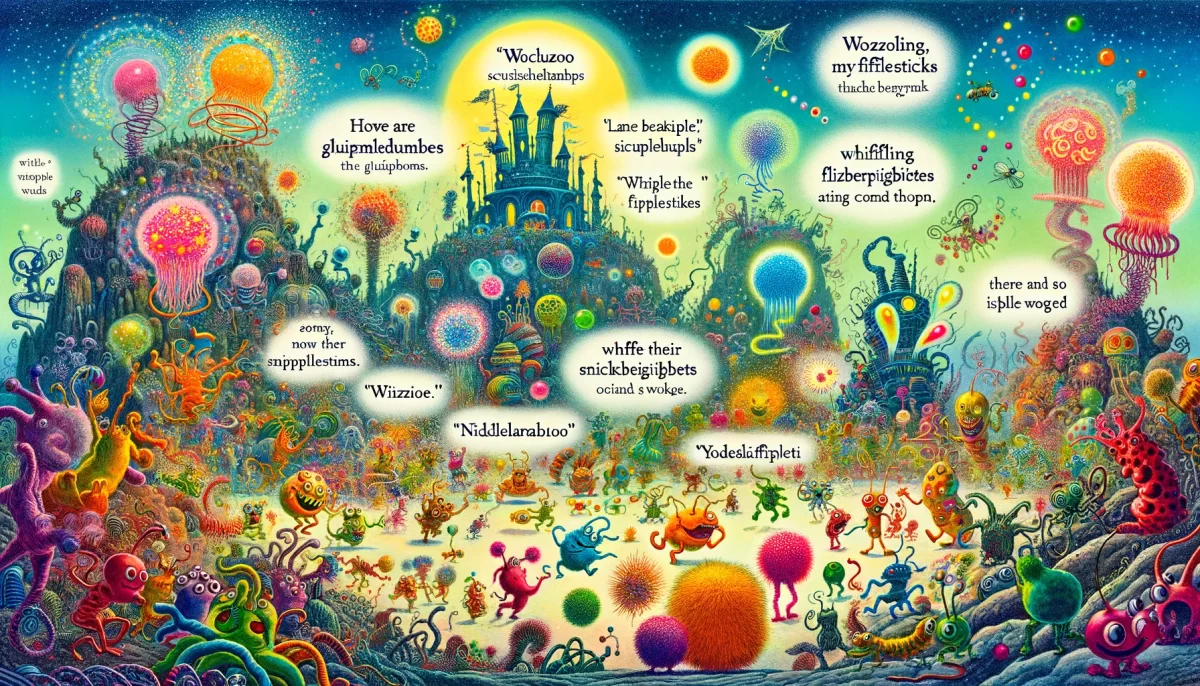

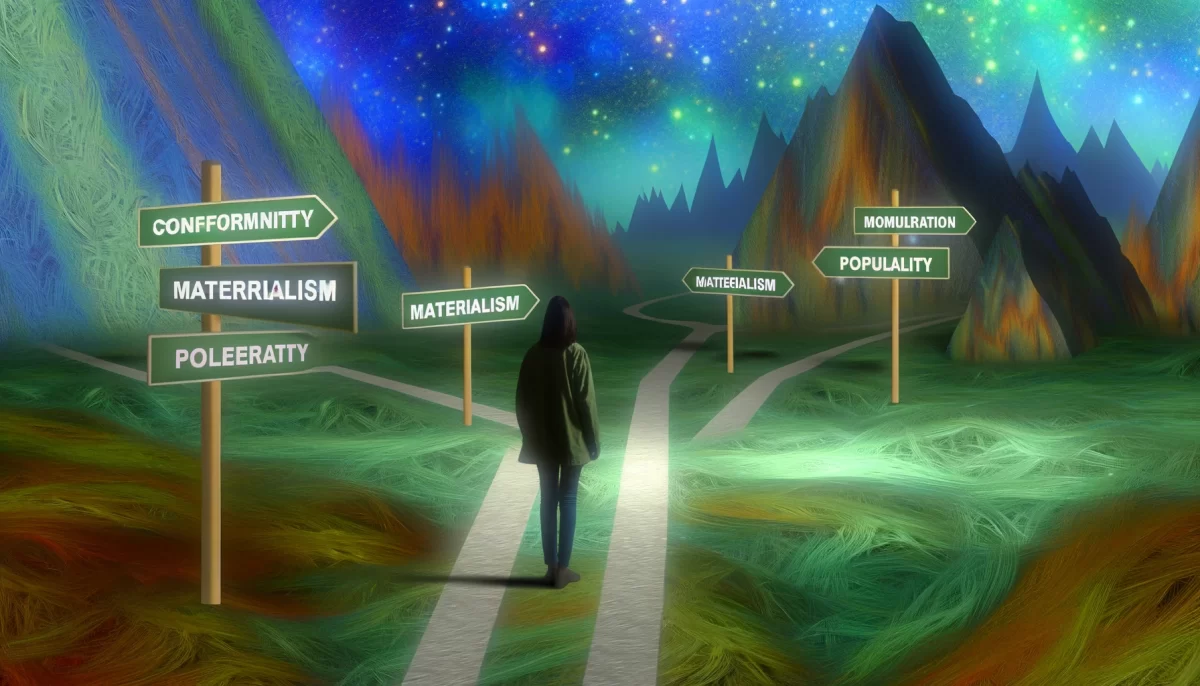
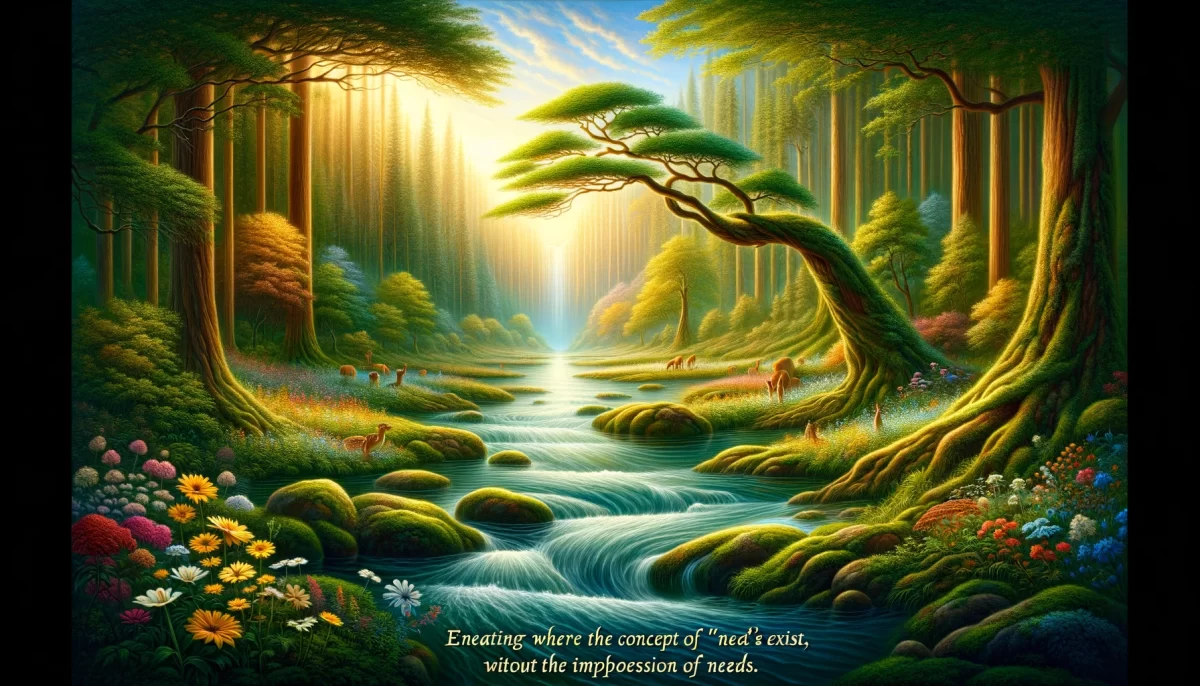
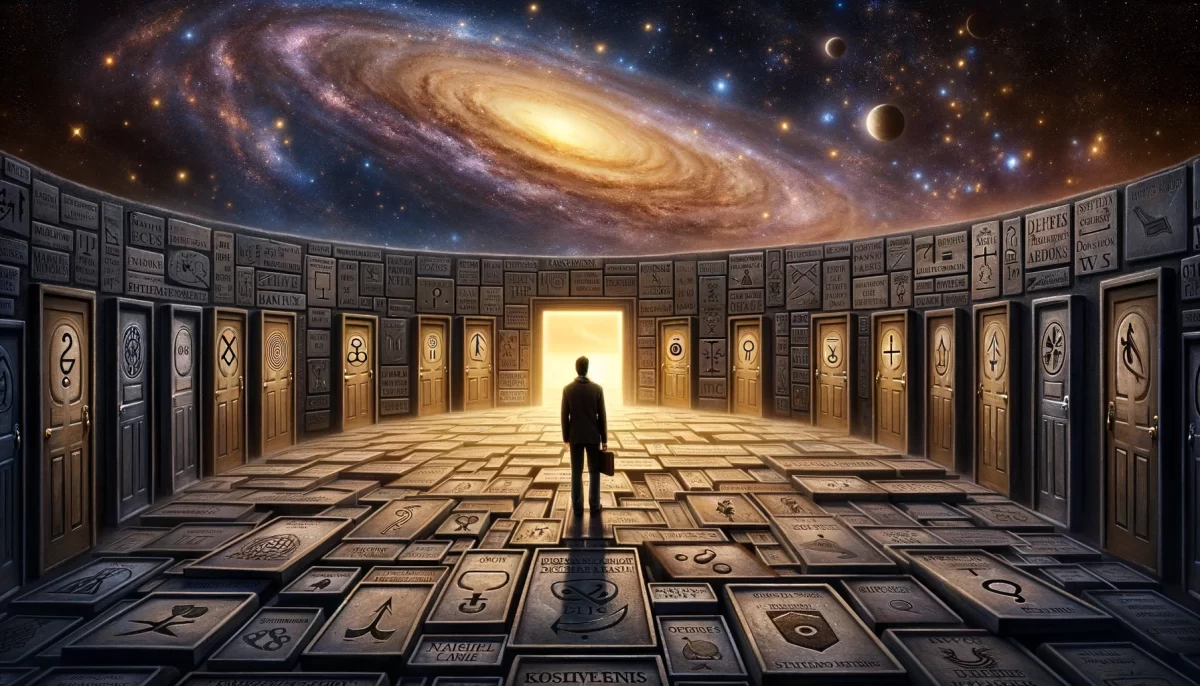






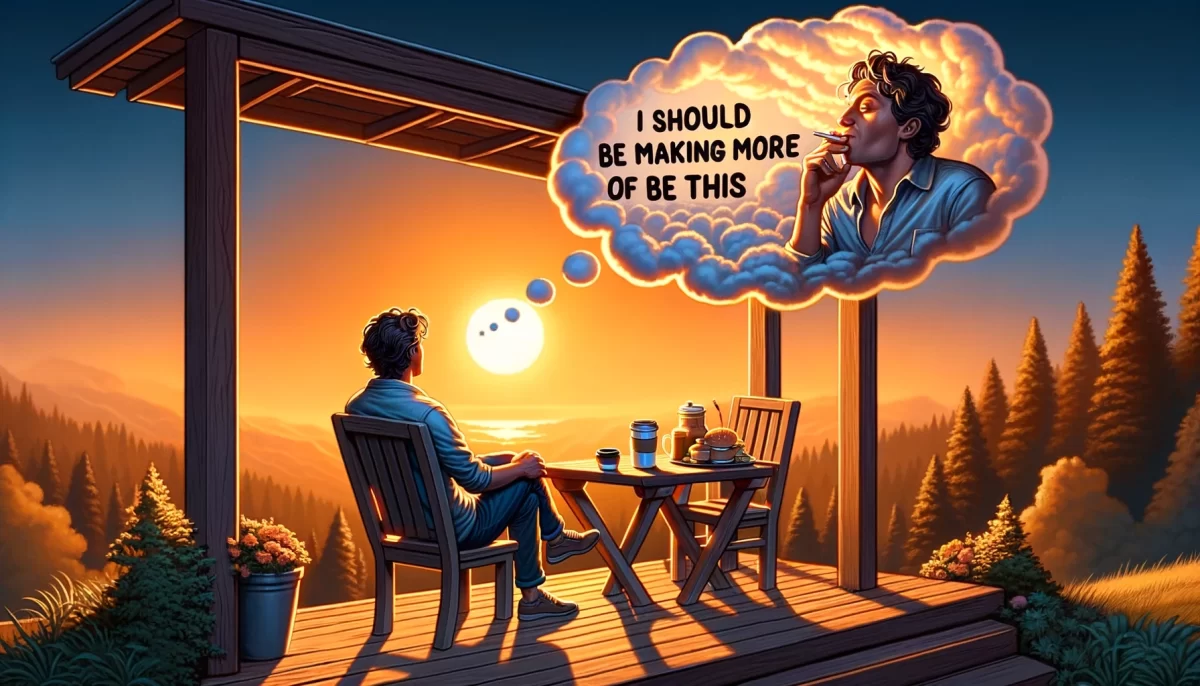

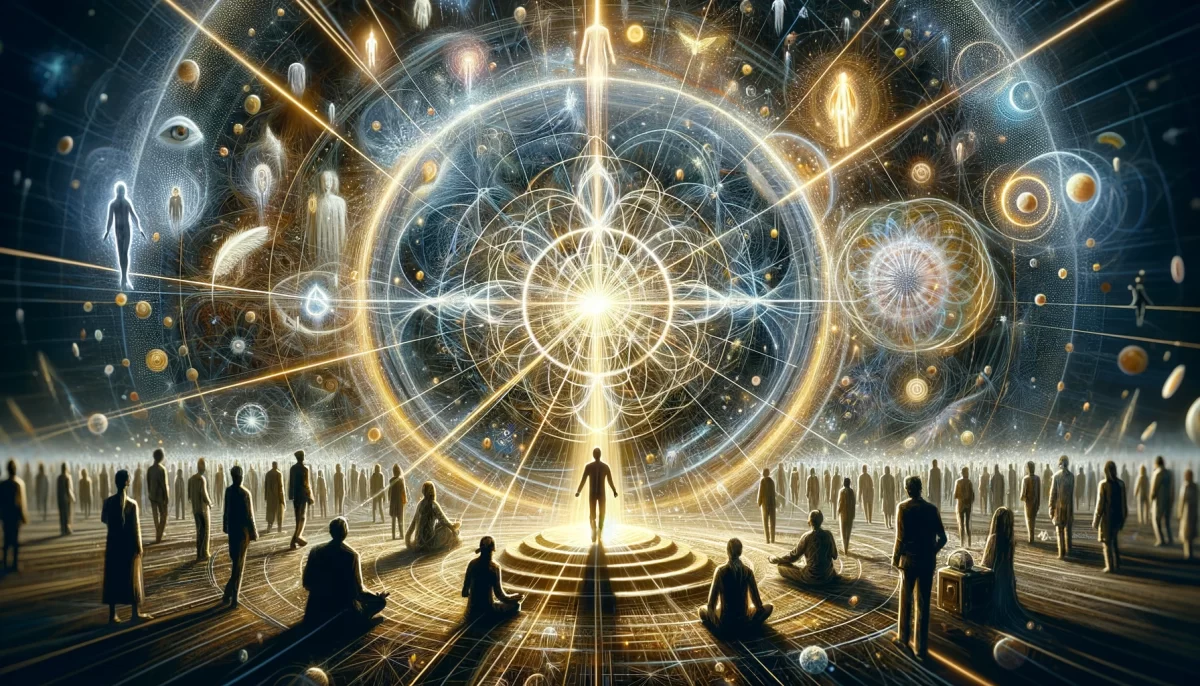




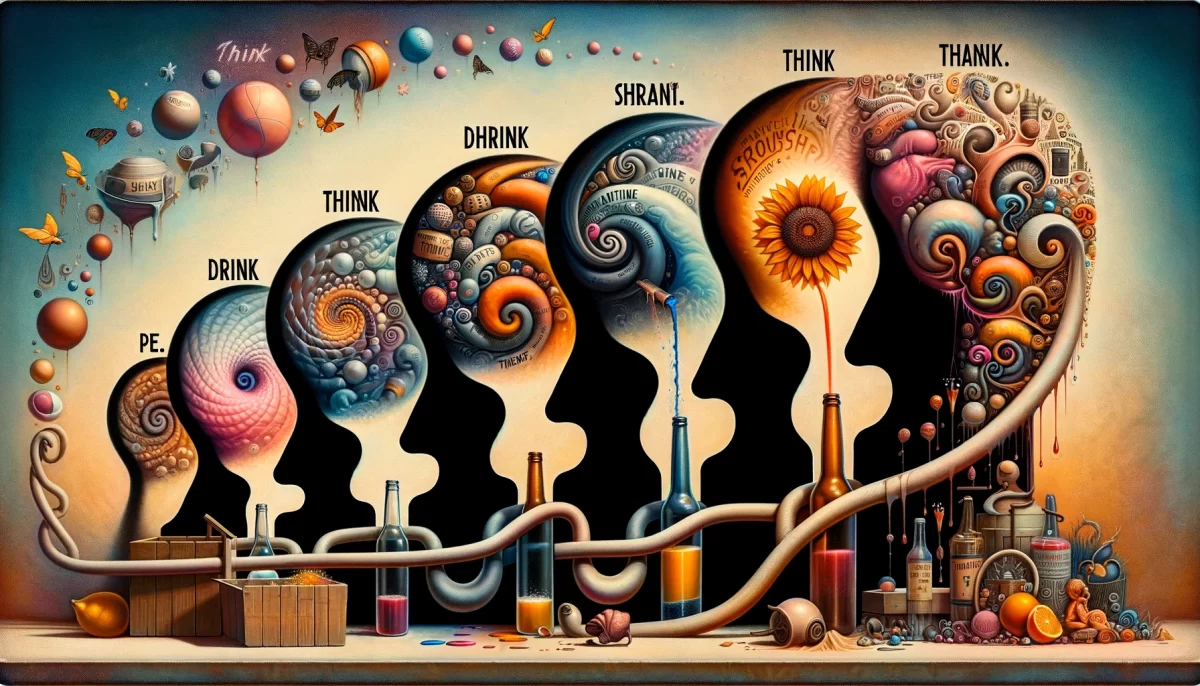
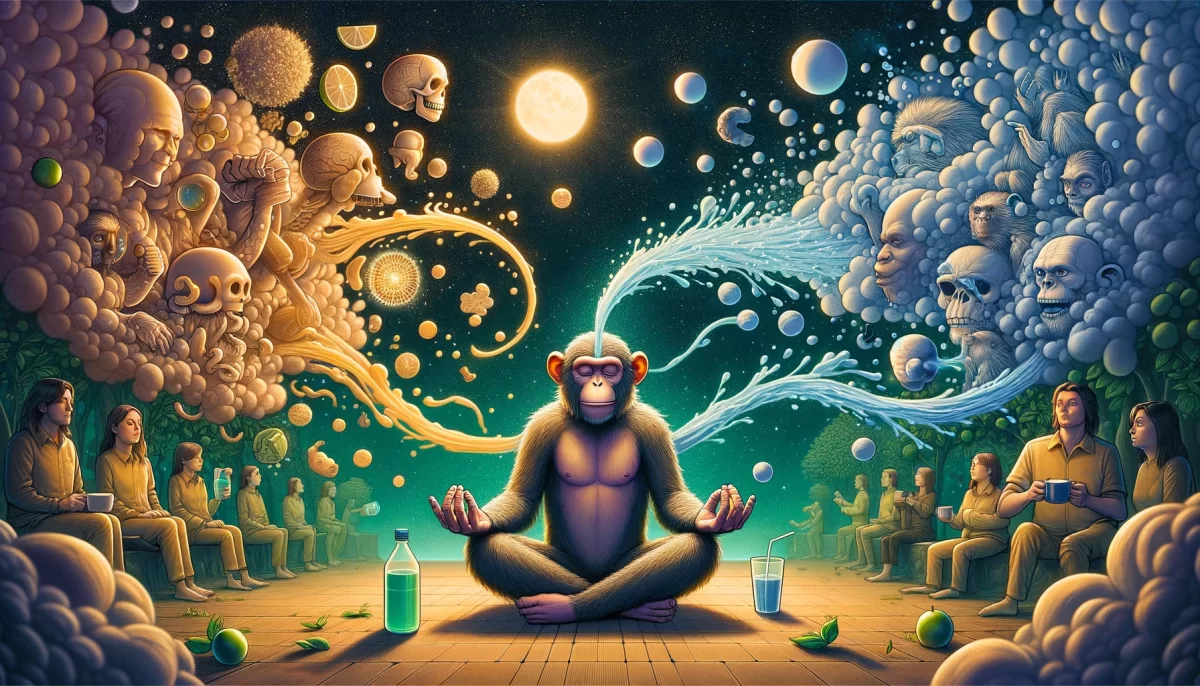

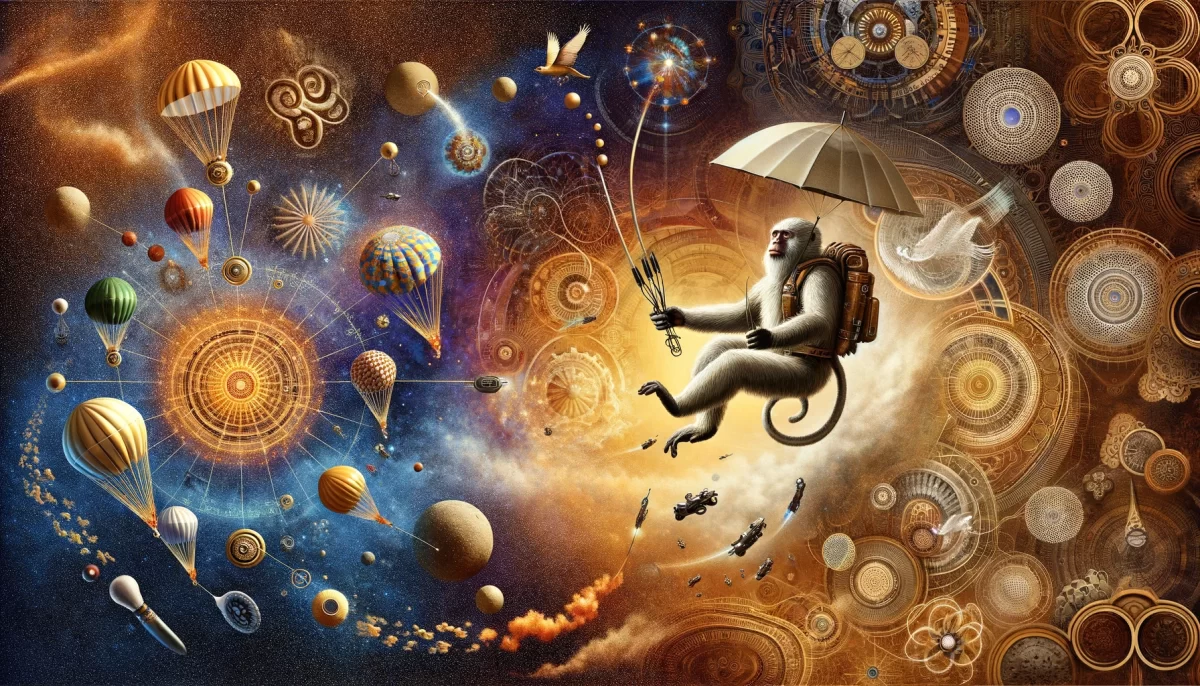

Leave a Reply